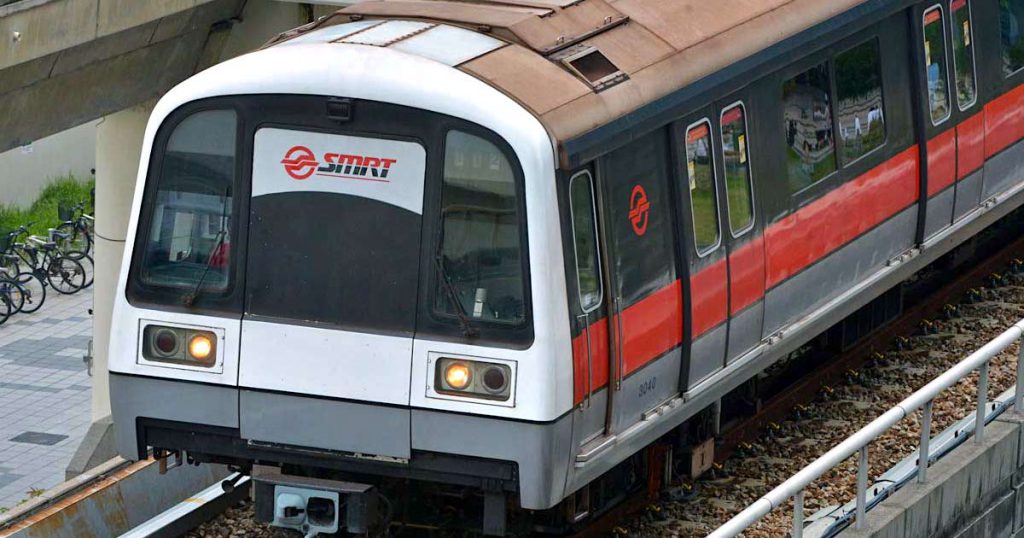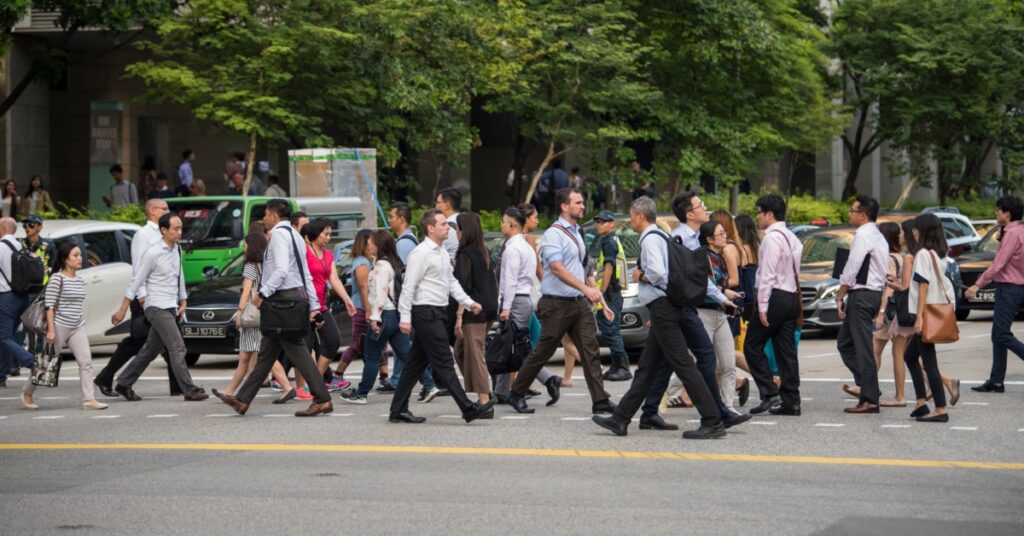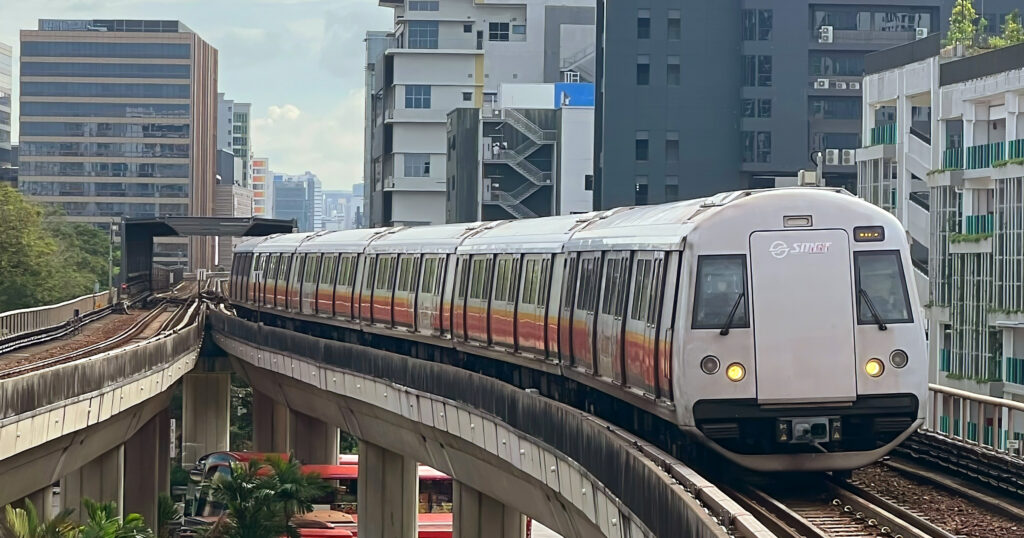Correction note: This article reported that SMRT Trains’ Chief Executive Lee Ling Wee and Executive Vice-President, Experience Dawn Low are expected to leave the organisation. SMRT has said that these statements are incorrect. Mr Lee has said: “The recent media speculation and reporting of my departure from SMRT is not true. I enjoy working with my team and am fully committed to my work at SMRT. I am not leaving.” We are sorry for the error.
[Update: 15 June 2019, 12.50pm]
Earlier this April, SMRT faced a wave of resignations from its HR and engineering executives.
Today, The Straits Times reported that two more deputy directors from the HR department have quit.
SMRT Trains chief executive Lee Ling Wee will also be stepping down from his role.
He is in the midst of handing over his duties to Lam Sheau Kai, who currently reports to Lee.
Lam is the deputy managing director for the upcoming Thomson-East Coast MRT line, which is slated to open by year-end.
According to sources who are close to Lee, he is likely to leave once Lam is ready to assume the new role.
“He wants to ensure a smooth handover so as not to jeopardise all the efforts in recent years to raise and maintain high standards,” one told The Straits Times.
Another veteran, Dawn Low, who heads SMRT’s commercial business is also expected to leave.
Low served under former SMRT CEO Desmond Koh and his predecessor, Saw Phaik Hwa. She has also helped to build up SMRT’s retail arm, which has grown to be the group’s single biggest income earner.
—
In April last year, SMRT CEO Desmond Kuek stepped down from his post after nearly six years, during what was probably the company’s most tumultuous period.
Barely a week after Kuek vacated his role, Gerard Koh — SMRT’s chief corporate officer in charge of IT, procurement, HR and training — tendered his resignation.
Following his departure, 30 executives in SMRT’s human resource (HR) department have resigned from the company within the past 8 months.
Their ranks vary across all levels, and they have either left or are serving notice.
In addition, two senior engineers also left the firm since August last year.
One is a senior vice-president of maintenance and engineering, while the other led Singapore Rail Engineering, which is a business unit set up by Kuek five years ago to build and market SMRT’s engineering expertise.
According to The Straits Times, SMRT’s corporate communications department is also affected by resignations.
It was unclear how many people from the said department have resigned except for SMRT’s chief commuter engagement officer.
This wave of resignations is expected to not end anytime soon as sources predict that more resignations will take place once the annual bonus is paid next month.
What Do These Resignations Mean?
Commenting on these resignations, SMRT said that they have “streamlined and reassigned headcount from corporate headquarters“.
The statement does not account for much, and does not explain why they are facing a HR exodus.
It could be that SMRT HR’s department is undergoing business reformation under new leadership and those who feel misaligned to this new direction could have resigned.
At the end of the day, HR is a core and vital function within the company so the management needs to step up and do something about it if it continues to ‘bleed’.
On the flipside, SMRT can use this opportunity to rebuild a team that is aligned to its vision and can follow its new direction.
Featured Image Credit: Singaporego.com











